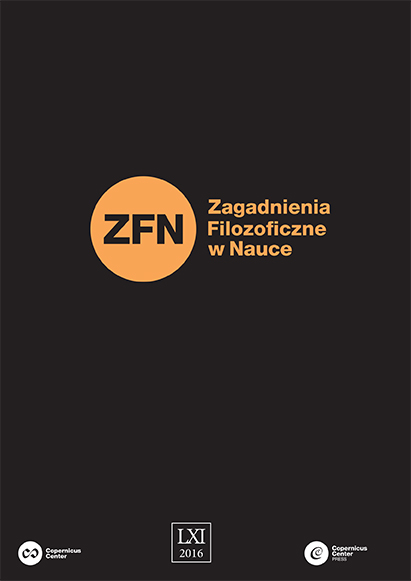Wyzwanie dla racjonalności: Leibniz i początek ery Newtona
Rationality at Stake: Leibniz and the Beginnings of Newton’s Era
Author(s): Michał HellerSubject(s): Philosophy, History of Philosophy, Special Branches of Philosophy, Early Modern Philosophy, Philosophy of Science
Published by: Copernicus Center Press
Keywords: rationality; empiricism; Leibniz’s philosophy; Newton’s methodology; philosophy of science; Gottfried Wilhelm Leibniz; Isaack Newton
Summary/Abstract: Our present knowledge in the field of dynamical systems, information theory, probability theory and other similar domains indicates that the human brain is a complex dynamical system working in a strong chaotic regime in which random processes play important roles. In this environment our mental life develops. To choose a logically ordered sequence from a random or almost random stream of thoughts is a difficult and energy consuming task. The only domain in which we are able to do this with a full success is mathematics. Leibniz’s life ambition was to extend this success, with the help of what he called characteristica universalis, to other areas of human activity. The belief that this is possible lies at the basis of Leibniz’s rationalist system. Reasoning within his system, Leibniz claimed that also fundamental laws of physics can be deduced from the “first principles”. Just as linguistic or conceptual units are at the basis of the charactersistica universalis, his monads are responsible for physical activity of material bodies. When this rationalistic strategy is applied to the philosophy of space and time, it leads to their radically relational conception. Leibniz’s rationalistic approach to philosophy and science arouses out sympathy but it was Newton’s mathematical-empirical method that turned out to be effective in human endeavour to understand the functioning of the physical world. Successes of the Newtonian method compel us to revise our concept of rationality.
Journal: Zagadnienia Filozoficzne w Nauce
- Issue Year: 2016
- Issue No: 61
- Page Range: 5-22
- Page Count: 18
- Language: Polish

